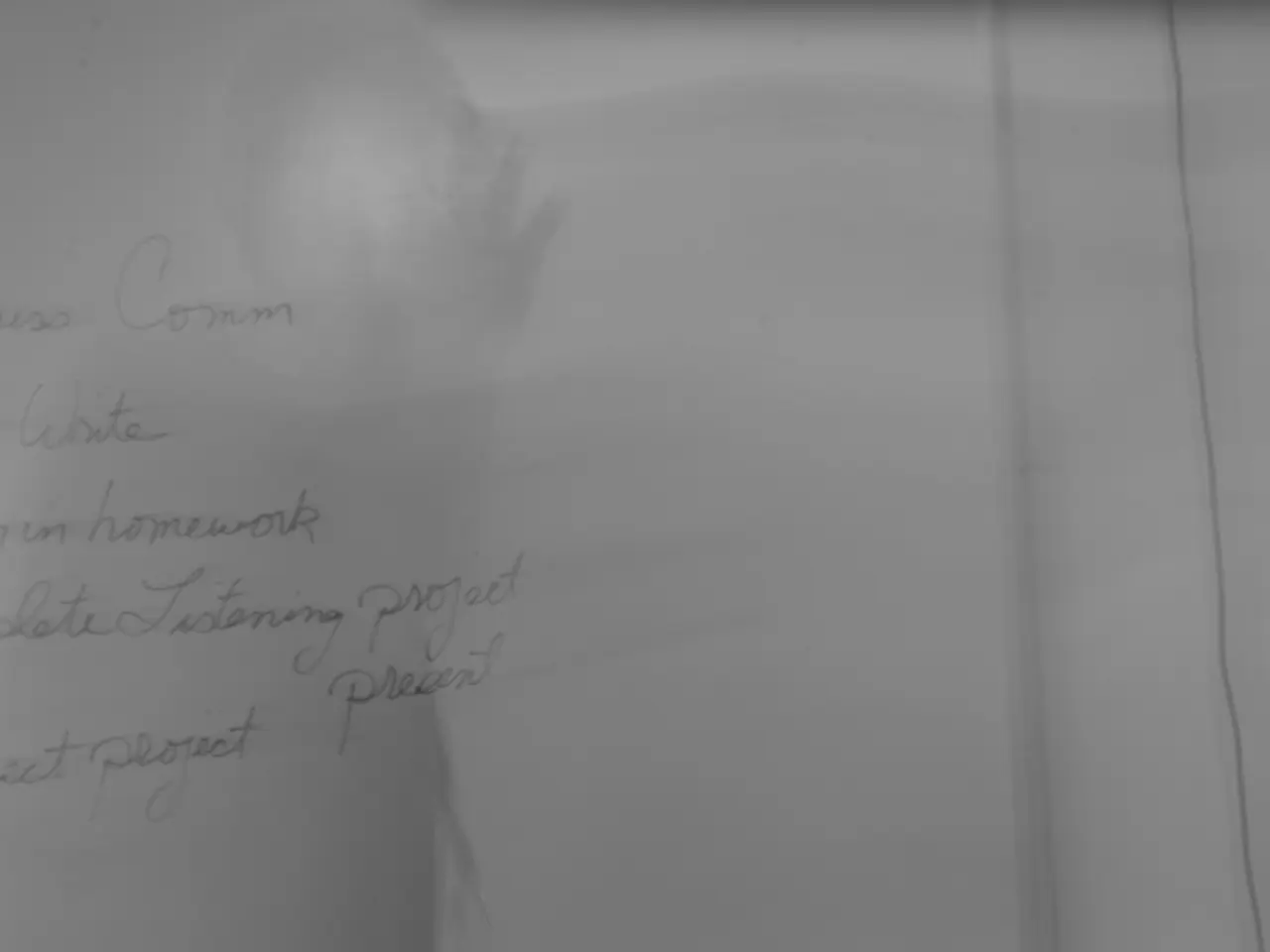Public Finance Recipients Should Not Promote Gender Issues, Argues Weimer
In a move that has stirred controversy across the country, Culture Minister Wolfram Weimer has banned the use of gender-inclusive language with special characters (such as asterisks and internal capitalization) in all official communications within his department. This policy, which affects around 470 employees under his authority in Berlin and Bonn, applies specifically to official letters and communications[1][2][3].
Weimer justifies this policy by stating that the use of special gender markings in language does not reflect how the majority of Germans speak and contributes to further societal division. He advocates a return to traditional language norms, greeting with "Sehr geehrte Damen und Herren" ("Dear Madam, dear Sir") instead of gender-neutral forms. Privately, people remain free to use inclusive language, but it is banned in official communications of his office[1][3].
This move has sparked heated discussions and controversy across Germany. Supporters view it as a preservation of the "beauty" of the German language and a rejection of what is seen as "forced gendering." Critics, including some in linguistic and cultural circles, see the ban as regressive[3].
Despite Weimer's appeal, no other federal ministries have followed the Culture Ministry’s ban. Other ministries, including some led by the Social Democrats (SPD), continue to use and defend gender-inclusive language, including the use of asterisks[4]. This indicates that the ban is limited to the culture ministry and has not become government-wide policy.
The policy has provoked debate among politicians, cultural figures, and language experts, reflecting polarized views on gender-inclusive language in Germany. Sven Lehmann, chairman of the Culture Committee in the Bundestag, criticized Weimer's initiative, calling him a "cultural missionary." Many conservatives strongly reject this form of gender-inclusive language. Misbah Khan, deputy chair of the Green parliamentary group, sees an "implicit threat" in Weimer's statements, suggesting that non-compliance could result in loss of funding[3].
Mika Beuster, DJV chairman, considers Weimer's initiative an interference with broadcasting freedom. Thuringia instructed its state agencies to avoid "grammatically incorrect gender language" at the end of 2022, and Bavaria followed in spring 2024 with a ban on "gender language with special characters for gender specification" in agencies[1][2][3].
This reflects a prominent political and cultural clash over gender-inclusive language policies in publicly funded institutions in Germany today. The future of gender-inclusive language in official communications remains a contentious issue in the country.
[1] Bundesministerium für Kultur und Medien [2] Deutscher Journalistenverband [3] Der Spiegel [4] Deutsche Welle
- The legislation by Culture Minister Wolfram Weimer to ban gender-inclusive language in his department's official communications has ignited a significant political and cultural debate, with some viewing it as a preservation of traditional language norms while critics see it as regressive.
- While Weimer's policy has affected around 470 employees in Berlin and Bonn, it has not been adopted by other federal ministries, indicating that the use of gender-inclusive language remains a divisive issue in Germany's policy-and-legislation and politics, and continues to be a point of general-news discussion.





